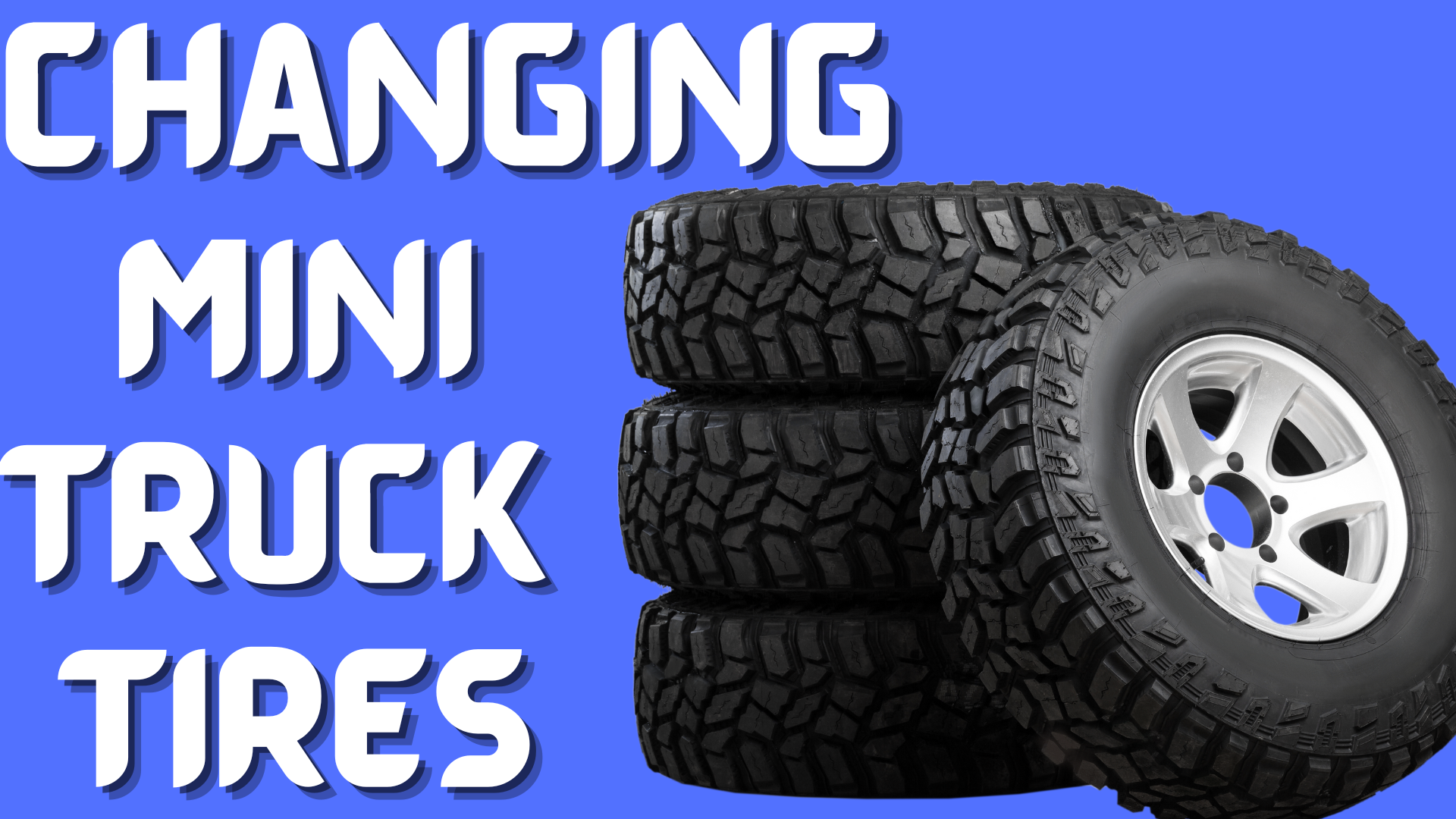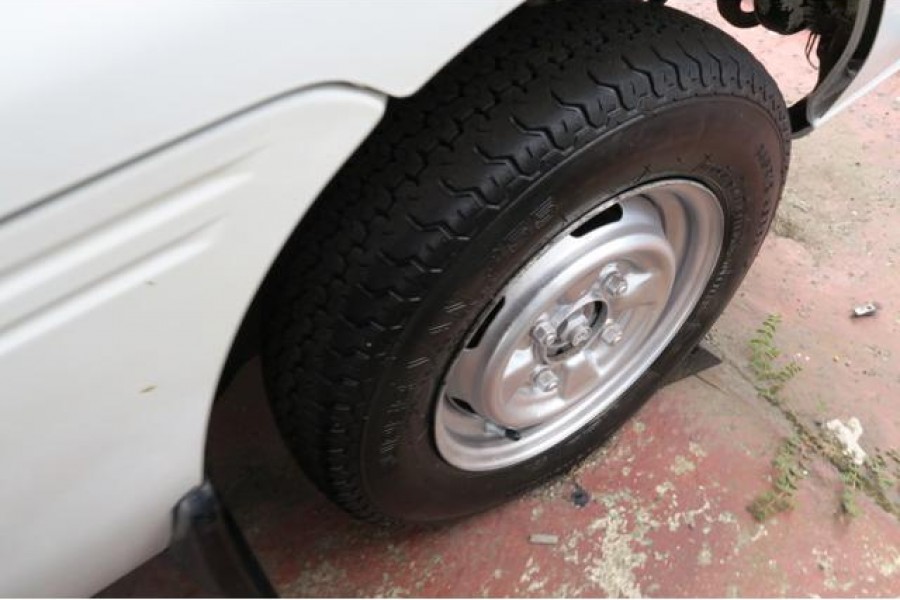How To Know When To Replace Truck Tires
Our daily life demands compel us to forget about the health of our tires. Whenever we take our trucks for mechanical check-ups, our mechanics never fail to check the condition of our tires and give us appropriate advice. If the tires in your truck have served you for more than five years, then you need to change them. Tire replacement should be routine. Why? Truck tires determine the safety and reliability of your truck. When your tires are in good health, sure, your truck will take you anywhere without any stress. You should know when your truck needs new sets of tires. After reading this guide, you will be able to know when to replace truck tires.
How To Know When To Replace Truck Tires – The Signs
Weathering
Your tires are exposed to various elements as you drive on different surfaces. A tire is made of natural rubber, so as you drive on snow, ice, hot surfaces, and even water, it will start to weather with time. How will you tell if your tires are weathering? You see fine cracks on the surface of your tires. It would help if you replaced your tires as soon as you see such cracks across/along the treads of your tires.
Tire Bulge
Your tire will likely bulge if you hit your truck on potholes or bumps or even drive recklessly on rough roads. Your tire will bulge when the air gets into the inner surface of the outer layer of your tire. The air will form pockets that will swell on the walls of your tires. Tire bulge is a serious issue that you should address urgently as soon as you note it. Ignoring tire bulges can lead to tire bursts.
Truck Vibrations
Several factors can lead to truck vibration. For instance, when there is a problem with your transmission system, you are likely to feel your truck vibrating when in motion. Another culprit to truck vibration is your tire. When you fix a new tire slightly different from the rest, your truck will likely vibrate. Wheel balancing is another cause of truck vibration, it is not easy to see unbalanced wheels, but when your truck is in motion, you will feel vibration which will increase with the increase in speed. Vibration is a clear sign that you need to replace your tires.
Depth of Tire Tread
Another way of determining whether to replace your tires is by checking the depth of your tires. You can measure the depth of your treads by using a tread depth gauge. If you do not have this gadget, do not worry, you can check the depth of your treads by doing the following.
Place a coin on every tread around your tire with the queen’s head facing down.
Confirm if the head of the queen is visible.
If you can see the head of the queen, then your treads have 2/32 or less, and you should consider buying new ones.
Conclusion
Tires are an integral part of your truck. Its health determines the safety of your truck. The above signs will help you determine whether you need to buy or replace your tires.



